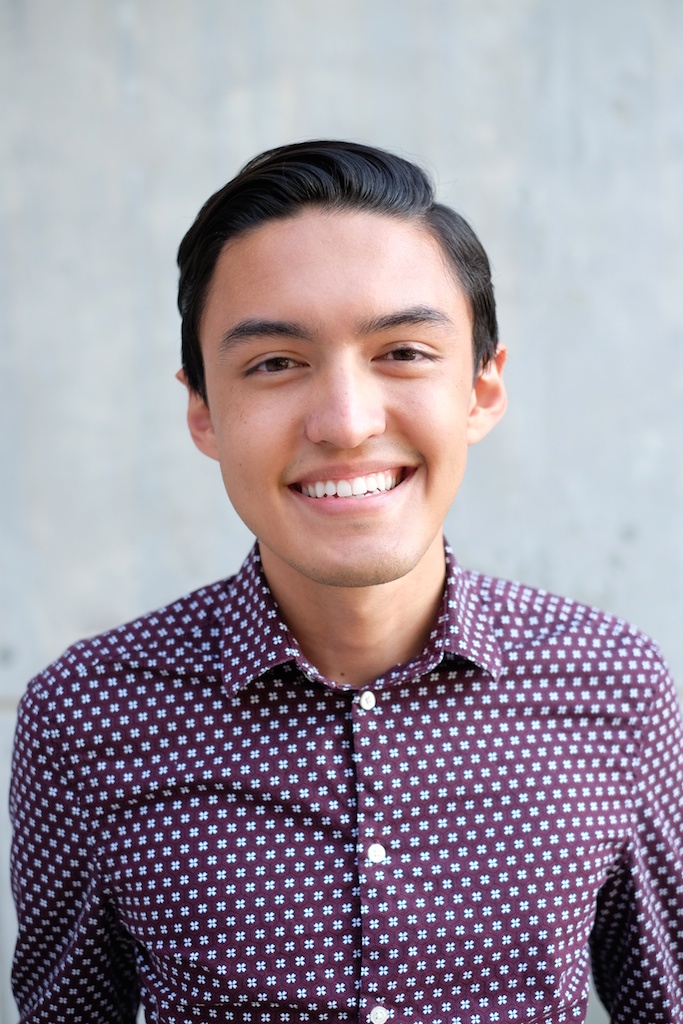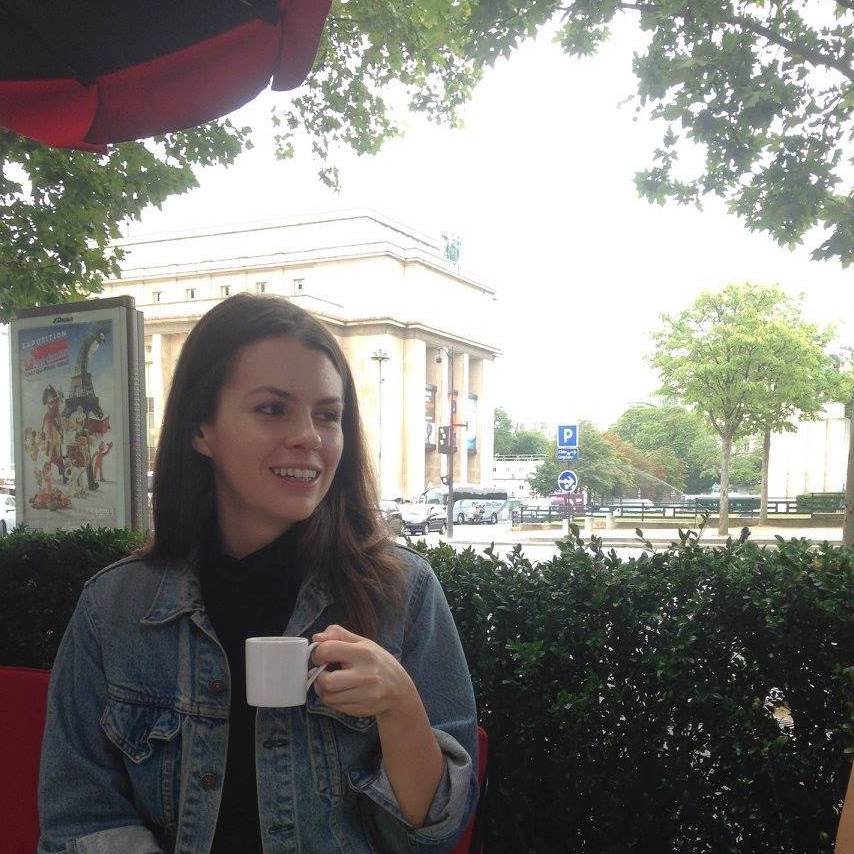Who We Are

Jonathan Calzada
Jonathan Calzada is a doctoral student in the Department of Information Studies. Jonathan’s research investigates how disadvantaged students approach higher education, and how information technologies inform their conceptualizations of the academic environment.
Takeaway: As the role of digital products expands in the consciousness of 21st century publics, business organizations are increasingly adopting a human-centered design approach to computer software production in an effort to innovate and reach a broader consumer base. However, producing for dominant institutions and mainstream consumers often excludes more people than it includes thereby rendering a vast range of them invisible.
Cheryl Cordingley
Cheryl Cordingley is first-year MLIS student concentrating in archives with a background in web design and development.
This career exploration introduced me to the research component of user experience as well as a more intentional, human-focused approach to design. I learned about the many ways in which my previously acquired skills in technology and interpersonal skills may be useful in a UX position. Additionally, I found it helpful to identify the different specific positions someone trained in UX might hold. I learned not only about the benefits of a career in this field, but also about the ways in which a critical eye may be needed when undertaking research and design.

Alex Gernes
Major: Cognitive Science Major, Specialization in Computing (4th year)
What I learned: These meetings helped to inform me about the various skills and backgrounds that comprise UX-driven people. The various UX interviews conducted allowed me to gain insight on how to better visualize and explain my previous experiences in a manner that is most appealing to UX industry members. I overall have greater clarity on the daily work operations of a UX designer and researcher, as well as confidence in pursuing a career in UX.
How my major connects with UX: I think that the quantitative research side of cognitive science is valuable in learning how to conduct user guided research in UX. Additionally, I feel as though user experience appreciates those who can think holistically and big picture, which I’ve definitely benefited from having such an interdisciplinary major. I also see Psychology-related fields like Cognitive Science and UX as both fields where the user/person is the center of problem solving.

Peter Polack
Peter Polack is a doctoral student in the Department of Information Studies studying how computational power structures are expressed through visual and interactive forms.
Takeaway: User Experience design is an absolutely heterogeneous field that sometimes verges on being an ethical orientation as opposed to a discipline or a methodology. With attention to the world, User Experience designers have the capability to experiment with new ways of bridging boundaries between people and marginalized communities.

Ashton Prigge
I received my BA from UCLA in 2015 and am currently specializing in Informatics within the MLIS program at UCLA. My research exploration includes information resources, human computer interaction, and content strategy. I see information interaction as having increasing relevance and power with UX reaching every facet of life. I currently work at UCLA’s Technology Development Group where I assist with data management.
What I learned: After talking with both a UX designer and a UX researcher within these workshops, I learned the practicalities of their work.
How Informatics connects with UX: Informatics and user experience are inextricably linked in the digital world. Both UX and informatics are expansive terms that capture much of our digital lives.
Josefina Madrigal
4th year undergrad, anthropology major, digital humanities minor
From the workshops I gained valuable insight into what UX designers and researchers do in their daily jobs. I also learned about tools I can use to create a portfolio and how to present research processes on a portfolio.
As an anthropology major I see a lot of parallels with the field of UX in relation to research methods. For example, anthropologists conduct ethnographic research which is essentially embedding yourself in a community and observing people. This is similar to the methods that UX researchers use when gathering information about users. The moderated interviews that we as a group conducted throughout the workshops are similar to the methods anthropologists and UXresearchers use.